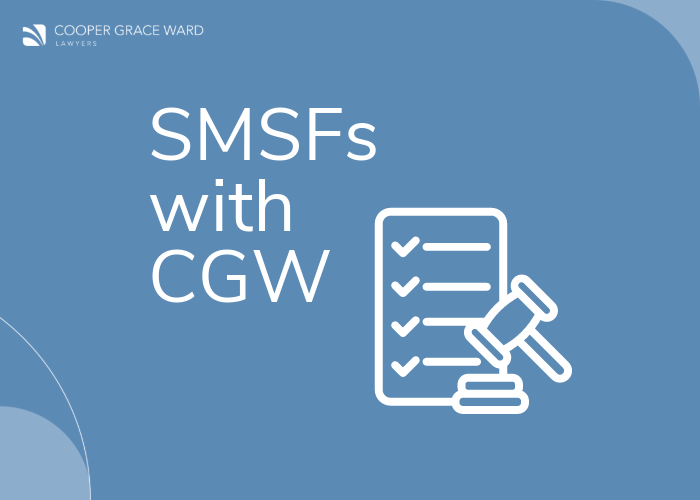The Australian Competition and Consumer Commission (ACCC) alleged that Woolworths engaged in unconscionable conduct within the meaning of the Australian Consumer Law when it designed and implemented its Mind the Gap scheme in 2014.
In 2014 Woolworths was facing a half-year profit shortfall. As part of its strategy to ‘close the gap’ between targeted sales and profit and expected sales and profit, Woolworths implemented the scheme. One element of the scheme saw Woolworths seeking payments from Tier B suppliers, based on the performance of those suppliers in the period from July to October 2014, relative to the corresponding period in 2013, according to metrics or ‘lenses’ adopted by Woolworths.
The scheme required Opportunity Reports to be prepared, which set out the underperformance, if any, of each supplier according to each ‘lens’. Category managers and buyers would then approach suppliers with ‘asks’, being the financial contribution or support that each supplier was to be asked to make.
ACCC took the issue to the Federal Court for an order that the purpose, design and implementation of the scheme was unconscionable under section 21 of the Australian Consumer Law (ACL).
In considering questions of unconscionability the Court must consider “all the circumstances”. Justice Yates noted, while there was evidence of email correspondence between Woolworths’ employees and Tier B suppliers about the scheme the ACCC had called no evidence from any supplier claiming to be affected by the scheme. It was highlighted that the absence of evidence from the suppliers made it impossible to assess some of the factors to which the Court had to have regard. This was a significant weakness in the ACCC’s case.
His Honour discussed each of the 13 propositions which the ACCC argued in its oral closing submissions the Court should have in mind when deciding whether the conduct had been unconscionable.
[table id=1 /]
This case highlights the high threshold that must be met for a court to consider that an entity has engaged in unconscionable conduct under section 21(1) of the ACL. Notably, the existence of unequal bargaining power between parties to a transaction and use of its superior bargaining power by one party, will not necessarily be sufficient to give rise to a claim of unconscionability.



